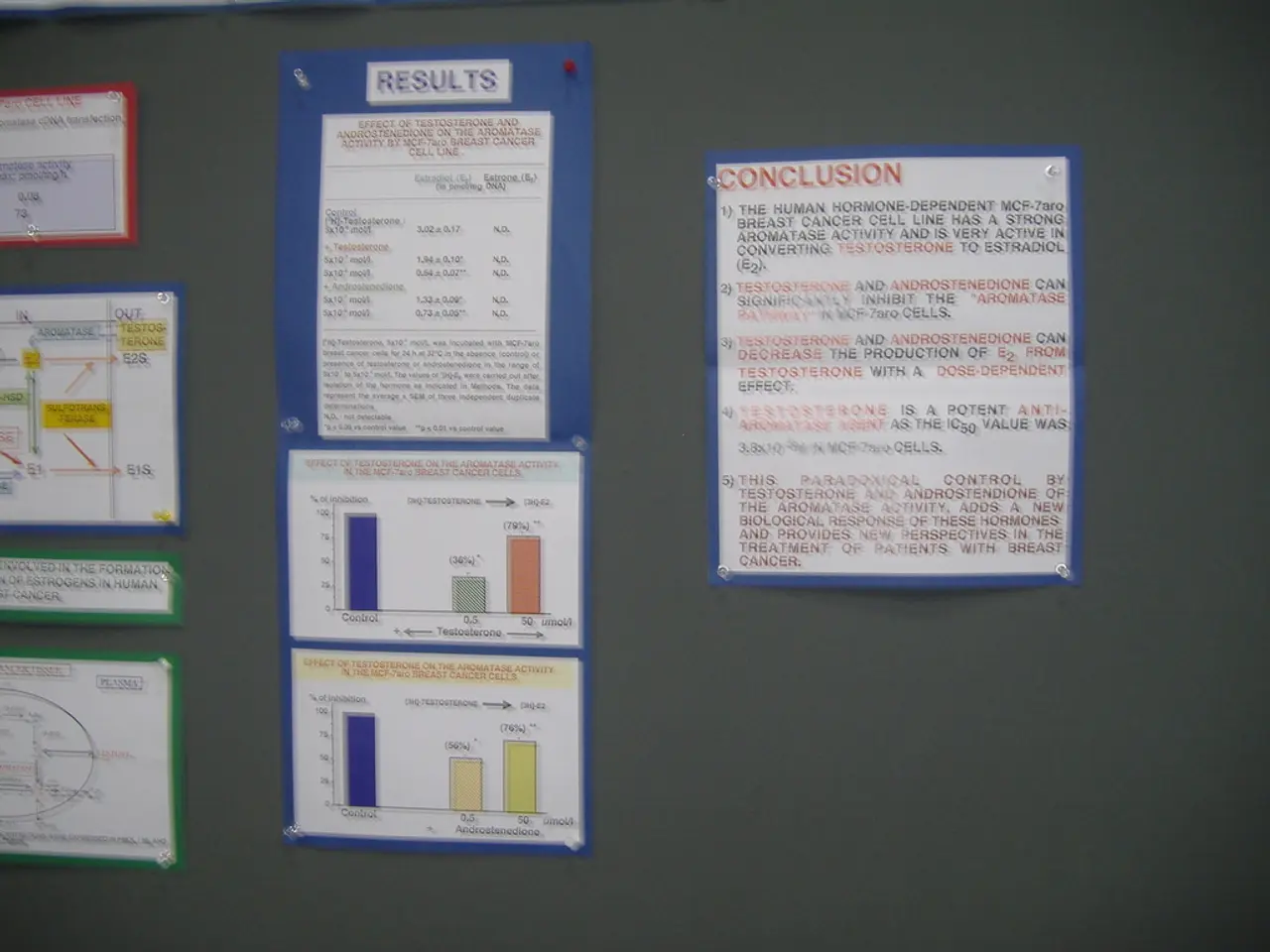Fighting Deforestation in Uganda: A Battle Against the Charcoal Trade
Illegally procured charcoal in Uganda redirected towards schools instead of being auctioned off
Uganda, a country rich in biodiversity and natural resources, has been grappling with the issue of deforestation, particularly due to the charcoal trade. This trade is a significant driver of forest loss, accounting for approximately 80% of household energy consumption in the country.
Current Efforts to Combat Deforestation from Charcoal Trade in Uganda
The government of Uganda has taken several steps to combat deforestation. Policies have been implemented to regulate charcoal production and trade, such as restricting charcoal harvesting in protected forests and strengthening forest management laws. The National Forestry and Tree Planting Act guides sustainable use and conservation of forest resources, with increased penalties for illegal charcoal production. Efforts to formalize the charcoal sector aim to improve monitoring and taxation, discouraging illegal harvesting.
The National Forestry Authority (NFA) and Uganda Police have increased patrols and crackdowns on illegal charcoal production and transport networks. The use of satellite monitoring and community forest guards helps detect illegal activities early.
Alternative energy sources such as briquettes, liquefied petroleum gas (LPG), and improved cookstoves are being promoted to reduce dependence on charcoal. Programs that support agroforestry and tree planting empower communities to generate sustainable income without deforesting. Awareness campaigns on the environmental impact of charcoal and unsustainable deforestation are also being conducted by NGOs and the government.
Reforestation and afforestation initiatives are underway, with government and partners planting trees in degraded areas to replenish forest cover. Community-based forest management schemes encourage locals to protect and manage forests sustainably.
Impact on Forest Area Loss Since 2000
Since 2000, Uganda’s forest cover has been under significant pressure. Over the past two decades, estimates suggest that the country has lost approximately 20-30% of its forest cover. Many reports indicate that charcoal production remains one of the leading drivers of deforestation, especially in central and western Uganda. Despite the ongoing efforts, illegal charcoal harvesting persists due to poverty, demand in urban areas, and weak enforcement at times. Some localized forest areas have seen stabilization or slight improvements where reforestation and enforcement have been intensive, but overall national forest cover continues to decline.
The Road Ahead
While Uganda has made significant strides through legislation, law enforcement, alternative livelihoods, and tree planting initiatives to combat deforestation from the charcoal trade, the challenge remains substantial. The charcoal trade continues to drive forest loss, impacting biodiversity, climate resilience, and local livelihoods. Continued strengthening of these efforts, combined with socioeconomic development and energy diversification, is key to reversing forest cover loss in Uganda.
The police and law enforcement are criticized for not doing enough to stop the illegal charcoal trade. In Uganda, 90% of households rely on charcoal and firewood as their primary energy source for cooking. The World Bank indicated in 2020 that the total net loss of Ugandan forests between 2000 and 2015 was estimated at 1.8 million hectares.
Ugandan President Yoweri Museveni published a decree banning the felling of trees for commercial purposes for charcoal production and the illegal export of timber in May last year. However, the implementation of this decree has been delayed, and the auction sale of seized charcoal could have generated revenue for local authorities' revenues. The demand for firewood and charcoal is increasing, by 9% between 2015 and 2019.
The charcoal trade in Uganda is contributing to deforestation, and one of the factors in the loss and degradation of forests in Uganda is forest fires. The implementation of President Museveni’s decree was postponed to October 20. Over the past 100 years (1921-2021), Uganda has lost 42% of its forest area, according to Illuminem. Institutions such as schools, prisons, hospitals, and the military also use a lot of wood.
According to Global Forest Watch, Uganda has lost 1.03 million hectares of forest between 2000 and 2022, a 13% decrease. Minister Kwiyucwiny's order to distribute the seized charcoal to schools and educational institutions comes after the delay in the implementation of the decree banning the cutting down of trees for commercial purposes. The NFA's idea of selling the charcoal at auction was met with criticism from local leaders, who believed it was circumventing the President's order.
In conclusion, the fight against deforestation in Uganda is a complex and ongoing battle. While efforts are being made to combat the charcoal trade, the issue remains a significant challenge. Continued efforts in legislation, law enforcement, alternative livelihoods, and tree planting initiatives, combined with socioeconomic development and energy diversification, are necessary to reverse the trend of forest cover loss in Uganda.
- The charcoal trade, being a major consumer of energy in Uganda, is a vital component of the country's industry.
- The industrial aspects of the charcoal trade, such as the generation of revenue through seized charcoal auctions, deserve attention in the discussion of environmental-science policies related to climate-change and deforestation.
- To effectively combat deforestation in Uganda, it's essential to consider not only the scientific and environmental factors but also the financial implications, such as promoting alternative energy sources and diversifying the energy sector to reduce the demand for charcoal.




